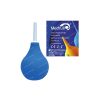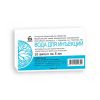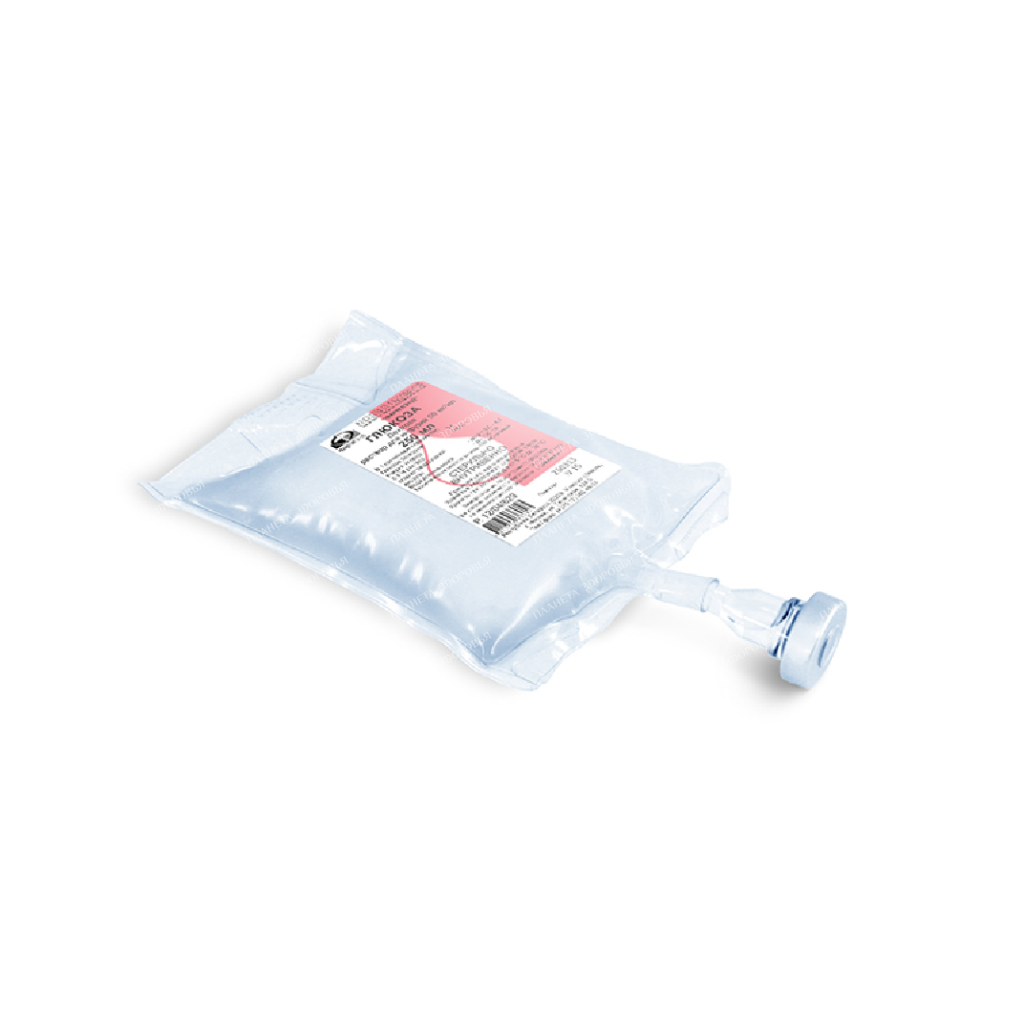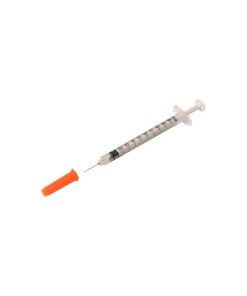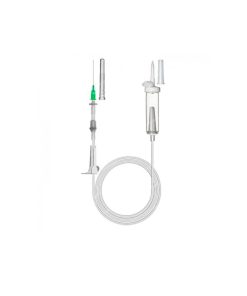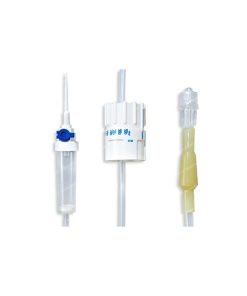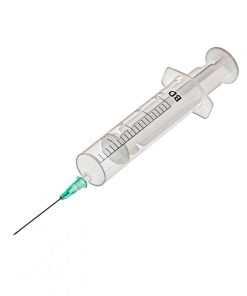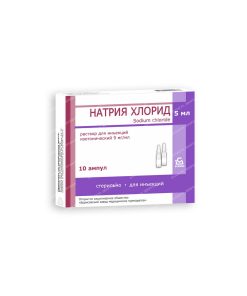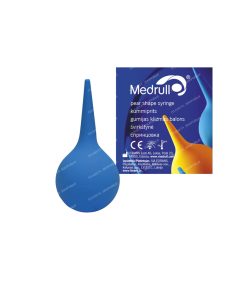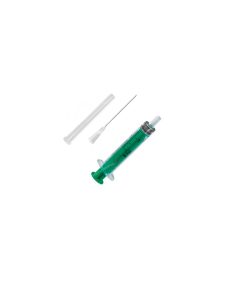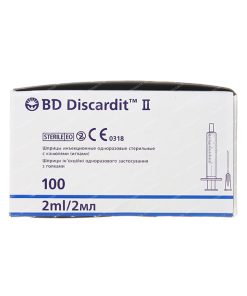-
×
![Smith Frequency 086: [Relevant Keyword] Guide](https://globalhealingweb.com/wp-content/uploads/2024/11/6295017024-247x296.jpg) Smith Frequency 086: [Relevant Keyword] Guide
1 × $139.00
Smith Frequency 086: [Relevant Keyword] Guide
1 × $139.00 -
×
 COMBI-RELAX Pillow with 2 Buckwheat Hull Rollers
3 × $79.00
COMBI-RELAX Pillow with 2 Buckwheat Hull Rollers
3 × $79.00 -
×
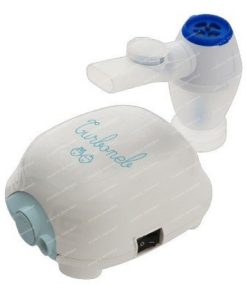 Inhaler compressor nebulizer type TURBONEB
1 × $129.00
Inhaler compressor nebulizer type TURBONEB
1 × $129.00 -
×
 CityTex Robes
1 × $39.00
CityTex Robes
1 × $39.00 -
×
 Posture Corrector
1 × $29.00
Posture Corrector
1 × $29.00 -
×
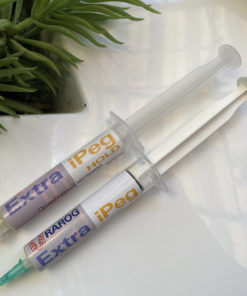 Liquid Treger Extra iPeg Syringe
2 × $69.00
Liquid Treger Extra iPeg Syringe
2 × $69.00 -
×
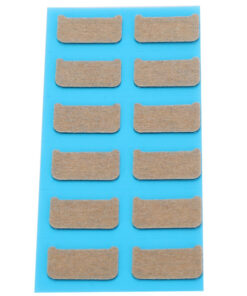 Foot Care Stickers
1 × $939.00
Foot Care Stickers
1 × $939.00 -
×
 Laloo Facial Cryo Globes (2 Pack)
1 × $79.00
Laloo Facial Cryo Globes (2 Pack)
1 × $79.00 -
×
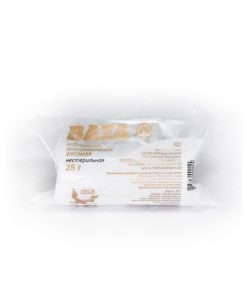 Cotton wool medical hygroscopic eye non-sterile 25 g
1 × $9.00
Cotton wool medical hygroscopic eye non-sterile 25 g
1 × $9.00 -
×
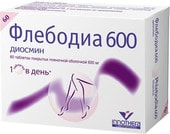 Innothera Phlebodia 600, 600 mg, 60 tablets
2 × $60.00
Innothera Phlebodia 600, 600 mg, 60 tablets
2 × $60.00 -
×
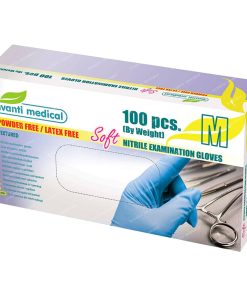 Gloves AVANTI MEDICAL nitrile non-sterile non-powdered size M
1 × $9.00
Gloves AVANTI MEDICAL nitrile non-sterile non-powdered size M
1 × $9.00 -
×
 Orthopedic insoles for men (UE, ST-105.1/ST-105.B, r40)
1 × $39.00
Orthopedic insoles for men (UE, ST-105.1/ST-105.B, r40)
1 × $39.00 -
×
 Latex gloves Farmin powder-free non-sterile size M No. 100
1 × $79.00
Latex gloves Farmin powder-free non-sterile size M No. 100
1 × $79.00 -
×
 Kuznetsov Applicator: Acupuncture Mat (41x60cm, Sharper Needles, 2cm Padding)
1 × $59.00
Kuznetsov Applicator: Acupuncture Mat (41x60cm, Sharper Needles, 2cm Padding)
1 × $59.00 -
×
 Luxury Gray Goose Down Pillow with Memory Foam - Belpol GALAXY SEA 50x70x4
1 × $359.00
Luxury Gray Goose Down Pillow with Memory Foam - Belpol GALAXY SEA 50x70x4
1 × $359.00 -
×
 Belmedpreparations Riboxin, 200 mg, 50 tablets
1 × $9.00
Belmedpreparations Riboxin, 200 mg, 50 tablets
1 × $9.00 -
×
 Zarina x Ozon Exclusive Sweatshirt Collection
1 × $39.00
Zarina x Ozon Exclusive Sweatshirt Collection
1 × $39.00
Subtotal: $2,451.00
 Free worldwide shipping on orders $99+
Free worldwide shipping on orders $99+
 US: 2–3 weeks,
US: 2–3 weeks,
 EU: 1–2 weeks,
EU: 1–2 weeks,
 Worldwide: 1–4 weeks
Worldwide: 1–4 weeks


